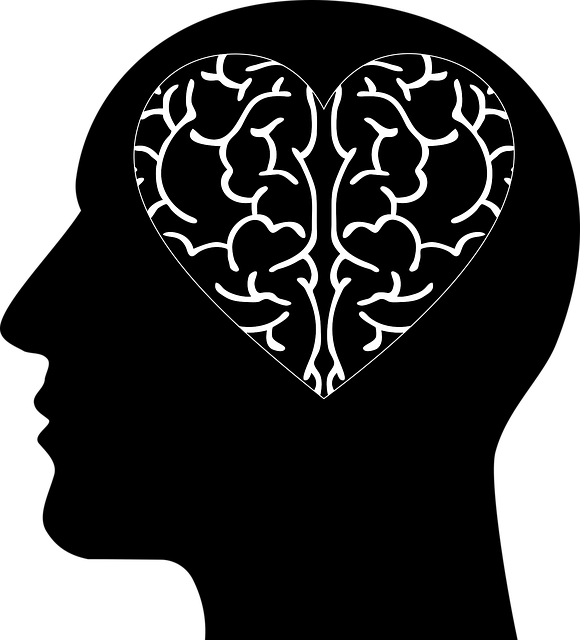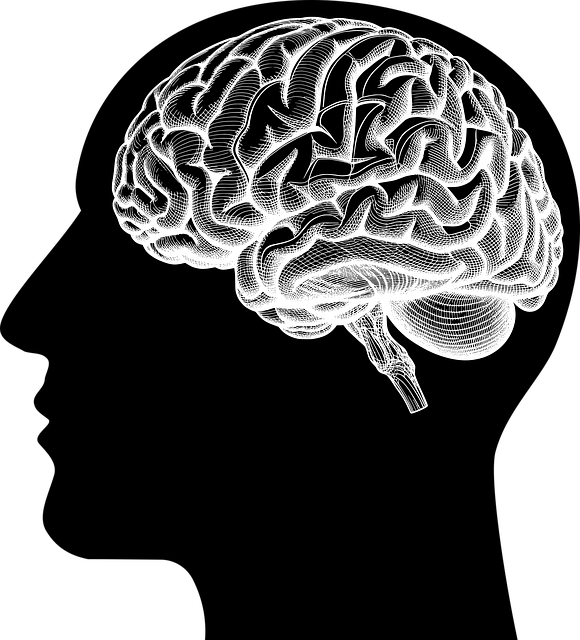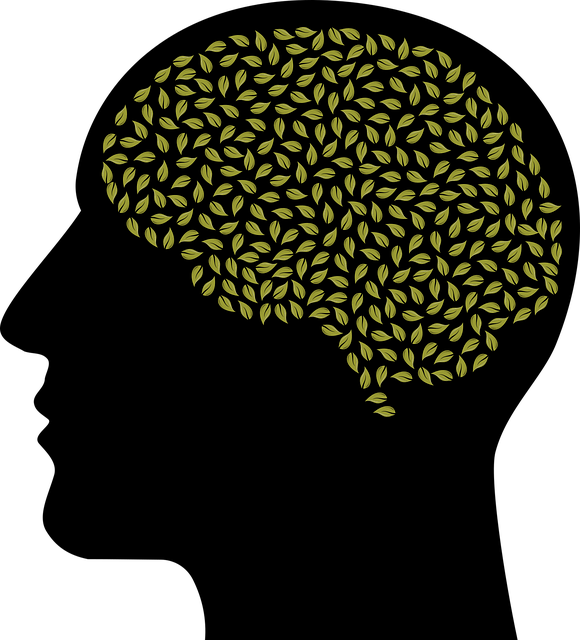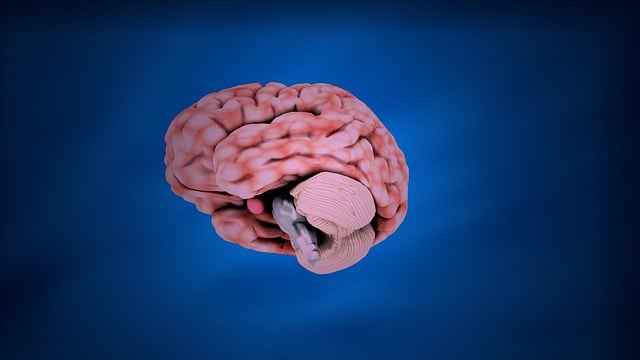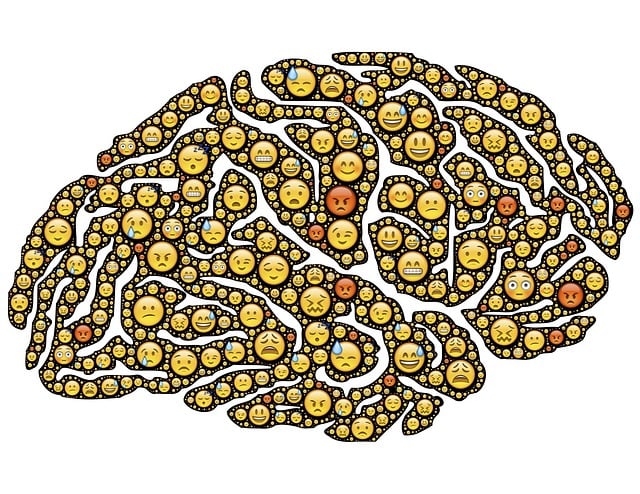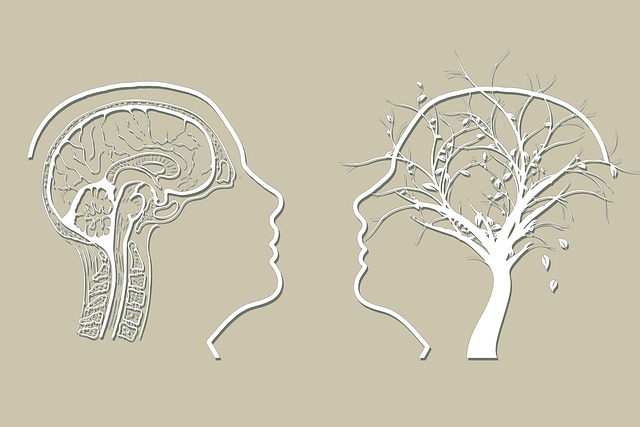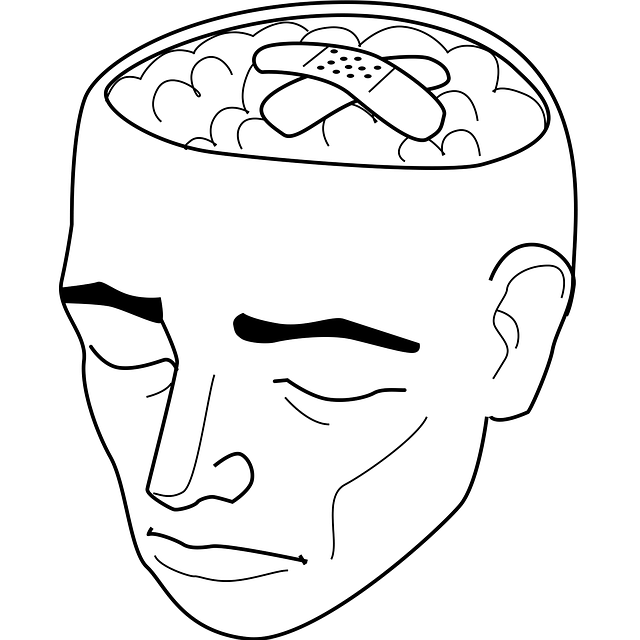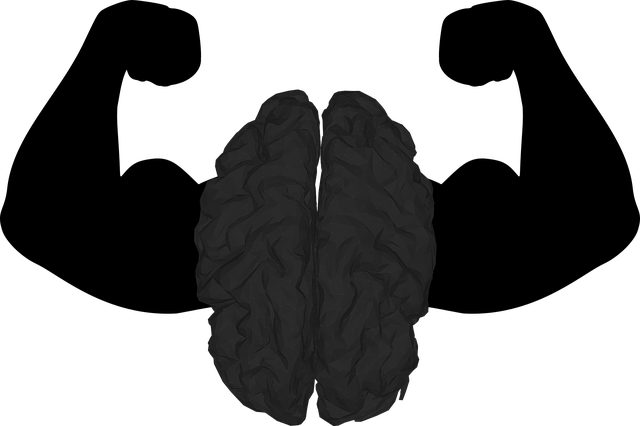Therapy for young adults integrating mindfulness practices, including risk assessment, harm minimization, self-awareness exercises, and journaling, is crucial for emotional well-being. By tailoring these techniques to their developmental stage, therapists empower clients with coping strategies to manage emotions, prevent depression, and navigate therapy effectively. Mindfulness enhances emotional intelligence, builds resilience against external stressors, and fosters cultural sensitivity, creating an inclusive and effective mental healthcare approach for diverse young adult backgrounds.
“Risk assessment and harm minimization planning are essential components of therapy, especially tailored for young adults. This article guides you through a comprehensive understanding of these critical processes, focusing on strategies to enhance therapeutic outcomes. We explore key elements of risk assessment for this demographic, emphasizing the role of mindfulness practices in harm minimization planning. By integrating mindfulness, therapists can empower young adults to navigate challenges, fostering resilience and overall well-being.”
- Understanding Risk Assessment and Harm Minimization in Therapy
- Key Components of a Comprehensive Risk Assessment for Young Adults
- Incorporating Mindfulness Practices into Harm Minimization Planning
Understanding Risk Assessment and Harm Minimization in Therapy

Risk assessment and harm minimization are crucial components of therapy designed to ensure the safety and well-being of young adults engaging in mindfulness practices. In the context of therapy, these strategies involve systematically evaluating potential risks and implementing proactive measures to prevent or mitigate harm. Therapists play a vital role in guiding clients through self-awareness exercises and journaling as a means to identify triggers and develop personalized coping mechanisms.
By integrating mental wellness journalings and exercise guidance, therapists can empower young adults to proactively manage their emotional well-being. This approach not only aids in depression prevention but also fosters self-awareness, enabling individuals to navigate therapeutic processes with greater clarity and resilience. Such practices create a supportive environment where clients feel empowered to explore their thoughts and emotions while receiving the necessary support for their mental health journey.
Key Components of a Comprehensive Risk Assessment for Young Adults

A comprehensive risk assessment for young adults involves a multifaceted approach that caters to their unique developmental stage and needs. It should begin by gathering thorough information about the individual’s background, including their mental health history, substance use patterns, and any past traumatic experiences. This foundation allows for a nuanced understanding of potential risks and triggers.
Integrating therapy for young adults with mindfulness practices proves invaluable. Mindfulness techniques foster emotional intelligence, enabling individuals to recognize and manage their emotions effectively. Empathy-building strategies, coupled with mental wellness journaling exercises, encourage self-reflection and provide outlets for expressing complex feelings. By cultivating these skills, young adults gain resilience against external stressors and internal challenges, laying the groundwork for successful harm minimization planning.
Incorporating Mindfulness Practices into Harm Minimization Planning

Incorporating mindfulness practices into harm minimization planning for young adults undergoing therapy is a powerful strategy to enhance their emotional well-being promotion techniques. Mindfulness, rooted in ancient meditative traditions, has gained prominence in modern psychology due to its effectiveness in cultivating present-moment awareness and stress reduction. By integrating mindfulness into treatment plans, mental health professionals can empower young adults to develop strong mind over matter principles, enabling them to better navigate challenging situations and maintain emotional balance.
This approach not only complements traditional therapeutic methods but also fosters cultural sensitivity in mental healthcare practice. Mindfulness interventions are adaptable and can be tailored to meet the diverse needs of a varied client base, respecting individual cultural backgrounds and beliefs. This holistic perspective ensures that harm minimization planning becomes more inclusive and effective, contributing to improved outcomes for young adults seeking therapy, especially those from diverse ethnic and cultural backgrounds.
Risk assessment and harm minimization planning are essential components of providing effective therapy for young adults. By understanding these key processes and incorporating mindfulness practices, therapists can create comprehensive strategies that ensure client safety while fostering positive growth. Through a thorough risk assessment, tailored to the unique needs of young adults, and the integration of mindfulness techniques into harm minimization planning, therapists can empower their clients to navigate challenges with resilience and self-awareness. These approaches not only enhance therapeutic outcomes but also contribute to the overall well-being and development of young adults.


